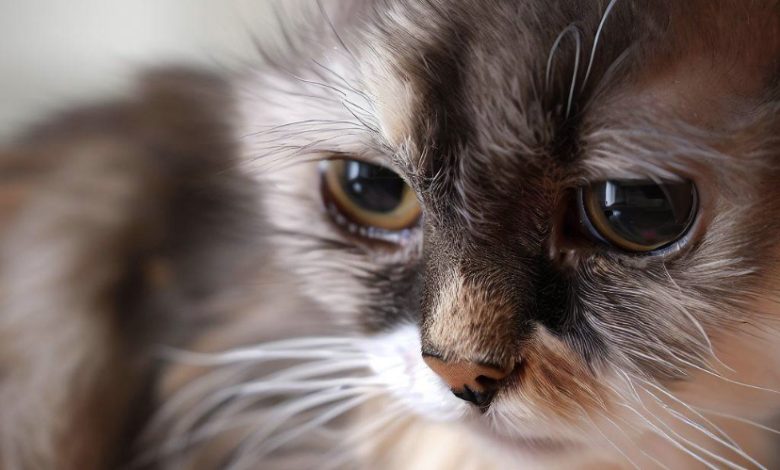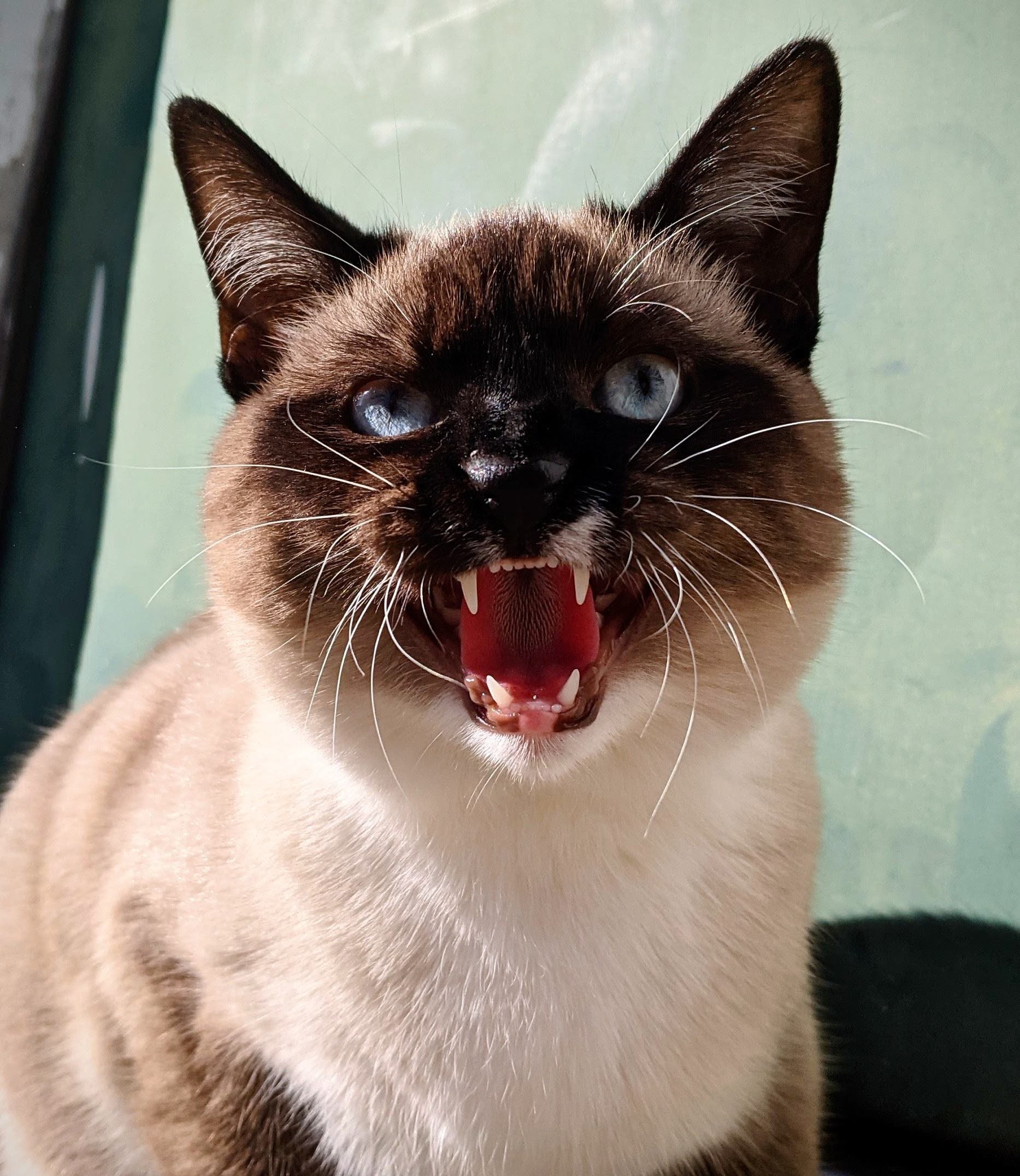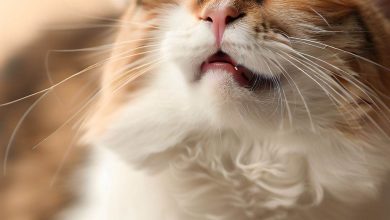When to Euthanize Cat with Liver Cancer:

Receiving the devastating news that your beloved feline companion has been diagnosed with liver cancer is an emotionally challenging experience. As a caring pet owner, you want to provide the best possible care and make compassionate decisions for your cherished companion. Among the difficult choices you may face, deciding when to euthanize a cat with liver cancer can be one of the most heart-wrenching decisions you will ever make.
In this blog post, we aim to offer support and guidance to cat owners who find themselves grappling with this difficult decision. We understand that each cat’s journey is unique, and there are no one-size-fits-all answers. However, by exploring important factors and understanding the complexities of liver cancer in cats, we hope to provide you with insight and empathy during this challenging time.
Throughout this blog post, we will delve into the impact of liver cancer on a cat’s health, common symptoms to watch for, treatment options available, and most importantly, how to assess your cat’s overall quality of life. By understanding these aspects, you can gain clarity on when euthanasia may become a compassionate option to prevent further suffering and provide a peaceful end for your beloved feline companion. Sullpet
What is Liver Cancer in Cats?
Liver cancer, or hepatocellular carcinoma, is a rare but aggressive form of cancer that affects a cat’s liver. It can develop silently, making it challenging to detect until it reaches an advanced stage. Common symptoms include unexplained weight loss, decreased appetite, lethargy, and jaundice. Understanding the signs of liver cancer is vital in identifying the best course of action for your feline friend.
Also Read: Why Do Male Cats Have Spikes on Their Willies?
What Treatment Options Are Available?
Upon receiving a liver cancer diagnosis, many pet owners wonder if there are viable treatment options. Depending on the stage of cancer and the cat’s overall health, treatments such as surgery, chemotherapy, and radiation therapy may be considered. It is essential to consult with a veterinarian who specializes in oncology to explore the most suitable treatment plan for your cat’s individual needs.
Quality of Life: Balancing Comfort and Treatment
As a responsible and caring pet owner, your cat’s comfort and well-being are of the utmost importance. When faced with liver cancer, it’s essential to assess your cat’s quality of life during and after treatment.
Some treatment options may cause discomfort and side effects, leading to a reduced quality of life. Discussing the pros and cons of each treatment with your vet can help you strike the right balance between extending your cat’s life and ensuring they have a good quality of life.
Also Read: 10 Proven Ways to Prevent Cats from Eating Plant
Recognizing the Signs of Suffering
Knowing when your cat is suffering is critical in making the decision to euthanize. Cats are skilled at hiding pain, making it difficult to determine their level of discomfort. However, certain signs, such as persistent pain, difficulty breathing, severe weakness, and an unwillingness to eat or drink, may indicate that your cat’s quality of life has significantly diminished. Paying close attention to their behavior and consulting with a veterinarian can help you understand when it might be time to consider euthanasia as a compassionate choice.
How do I know when my cat is ready to be euthanized?
Determining when your cat is ready to be euthanized is a deeply personal decision. While there is no definitive answer, several factors can help guide you in making this difficult choice. Consider your cat’s quality of life, pain management, and overall well-being.
If your cat experiences constant pain, has a diminished appetite, struggles with mobility, and shows no interest in activities they once enjoyed, it may be an indication that their suffering has become too great. Consulting with a compassionate veterinarian can provide valuable insight and support during this challenging time.
What is palliative care for cats with liver cancer?
Palliative care focuses on providing comfort and improving the quality of life for cats with terminal illnesses, such as liver cancer. While palliative care does not aim to cure the disease, it aims to alleviate pain and manage symptoms. This can involve the use of pain medications, anti-nausea medications, dietary adjustments, and environmental modifications to enhance your cat’s comfort. Palliative care allows you to prioritize your cat’s well-being while providing them with as much time as possible in a comfortable and loving environment.
Should a cat eat before euthanasia?
It is generally advised to avoid feeding your cat a large meal immediately before euthanasia. While individual protocols may vary, it is recommended to withhold food for a few hours prior to the procedure. This helps minimize the risk of regurgitation during the process, ensuring a more peaceful and dignified experience for your cat. However, it’s important to consult with your veterinarian for specific instructions and guidance based on your cat’s unique circumstances.
Making the Decision: When is it Right?
Euthanasia is a deeply personal choice and one that no pet owner takes lightly. Ultimately, the decision should be based on your cat’s well-being and quality of life.
When medical treatments are no longer effective, and your cat’s suffering becomes apparent, euthanasia can provide a humane and gentle way to alleviate their pain and discomfort. Remember, it’s okay to seek emotional support from friends, family, or support groups during this difficult time.
Conclusion
Facing the possibility of euthanizing a beloved cat with liver cancer is an emotional and challenging journey. It’s crucial to be well-informed about the disease, treatment options, and your cat’s quality of life when making this heart-wrenching decision. Always consult with a trusted veterinarian who can provide you with the guidance and support you need during this challenging time.
Remember, your cat depends on you to make the best decision for their well-being, and whatever choice you make, it comes from a place of love and compassion.





